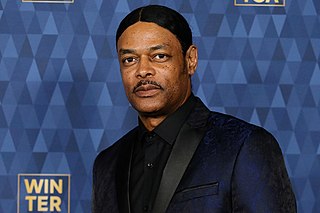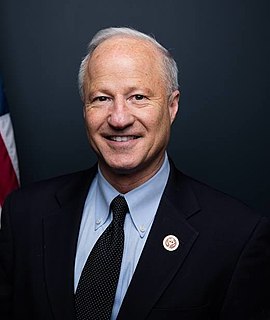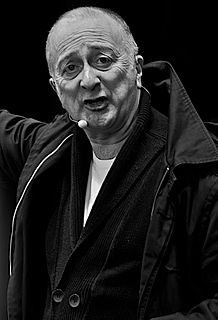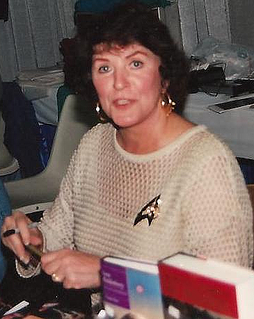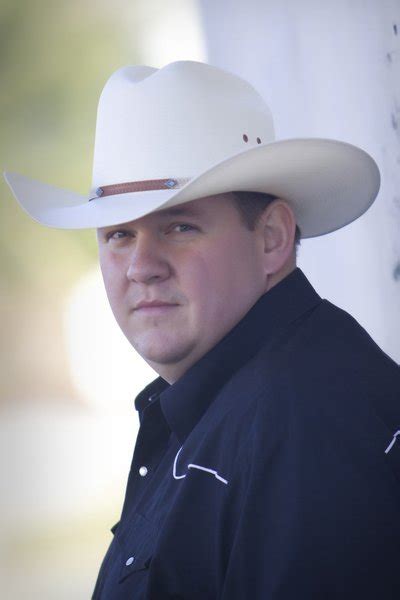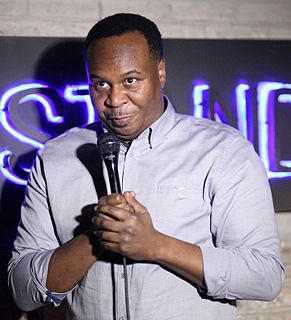A Quote by Julian Assange
I just find it absolutely amazing that the narrative about this situation is not put out publically in the press, because it doesn't suit the Western establishment narrative - that yes, the West has political prisoners, it's a reality, it's not just me, there's a bunch of other people as well.
Related Quotes
For queer people, the personal is very political, just to talk about it in a public space. It's very political just to come out and take up that space and be like, 'This is my narrative. It's not an outsider narrative, and it's not a fetish narrative; it's just my story, and it's worth being told and listened to.'
I have a theory that, for people of color or others who have been cut out of the master narrative, just telling your personal survival tale, your story, is civic engagement. It is a kind of political performance and is really crucial in that storytelling is how the writers connect with people and change. It's how we collect and add to and complicate the master narrative.
I'm obsessed with this idea of storytellers and people who have a narrative, and sometimes sustain a relationship because they're telling a narrative and someone is listening to that. Often the nature of the relationship is determined by how well they tell the story, or someone else's ability to suspend disbelief, or infuse into their narrative something which they may not even be aware of.
Of course, no state accepts [that it should call] the people it is imprisoning or detaining for political reasons, political prisoners. They don't call them political prisoners in China, they don't call them political prisoners in Azerbaijan and they don't call them political prisoners in the United States, U.K. or Sweden; it is absolutely intolerable to have that kind of self-perception.
In narrative cinema, a certain terminology has already been established: 'film noir,' 'Western,' even 'Spaghetti Western.' When we say 'film noir' we know what we are talking about. But in non-narrative cinema, we are a little bit lost. So sometimes, the only way to make us understand what we are talking about is to use the term 'avant-garde.'
I think my sensibilities about storytelling and character just automatically come into play when I'm trying to work on any kind of narrative. For me, it doesn't really matter what the source of the narrative is. I will be looking for ways to make it into an intriguing story with empathetic characters.
I just thought someone has to figure out how to break through that barrier and create a narrative for a black super hero story to unfold at the same scale as something like Star Wars. Rythm Mastr is about producing a narrative of a hero engaged in a struggle as complicated as those other stories. The catalyst for it was the beginning of the demolition of public housing in Chicago.
If you track something like a political campaign and parcel out what's being communicated in a literal and narrative sense, and what's being communicated by means of emotional and symbolic language, you might find that it's the latter elements that absolutely dominate and move people. It makes me want to take that language and expose it.
Trump is such a unique candidate. He's incredibly polarizing. But I see the same kind of blinders on the left. There's perhaps a little less anger, but there is nothing that Hillary Clinton can do to stop most of this nation from voting for her. You do see people who are just buying into the narrative they want to hear, and they are pushing out the narrative they don't.


